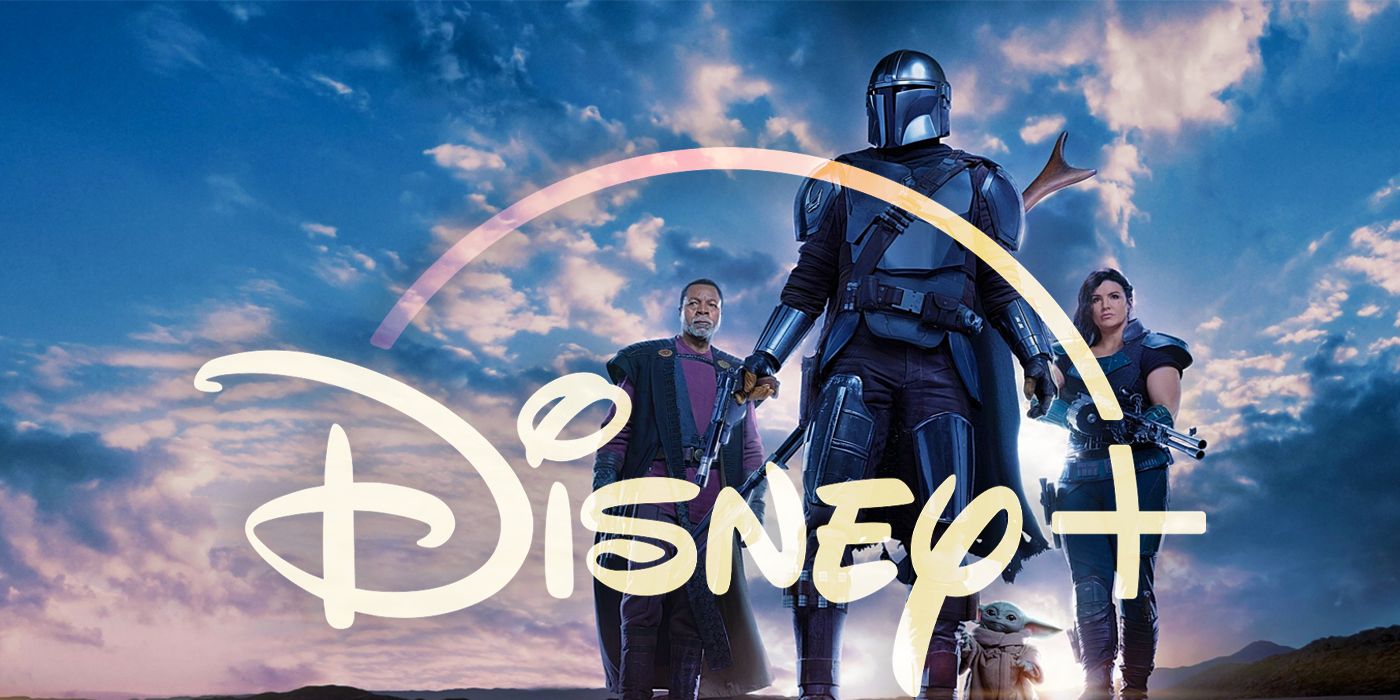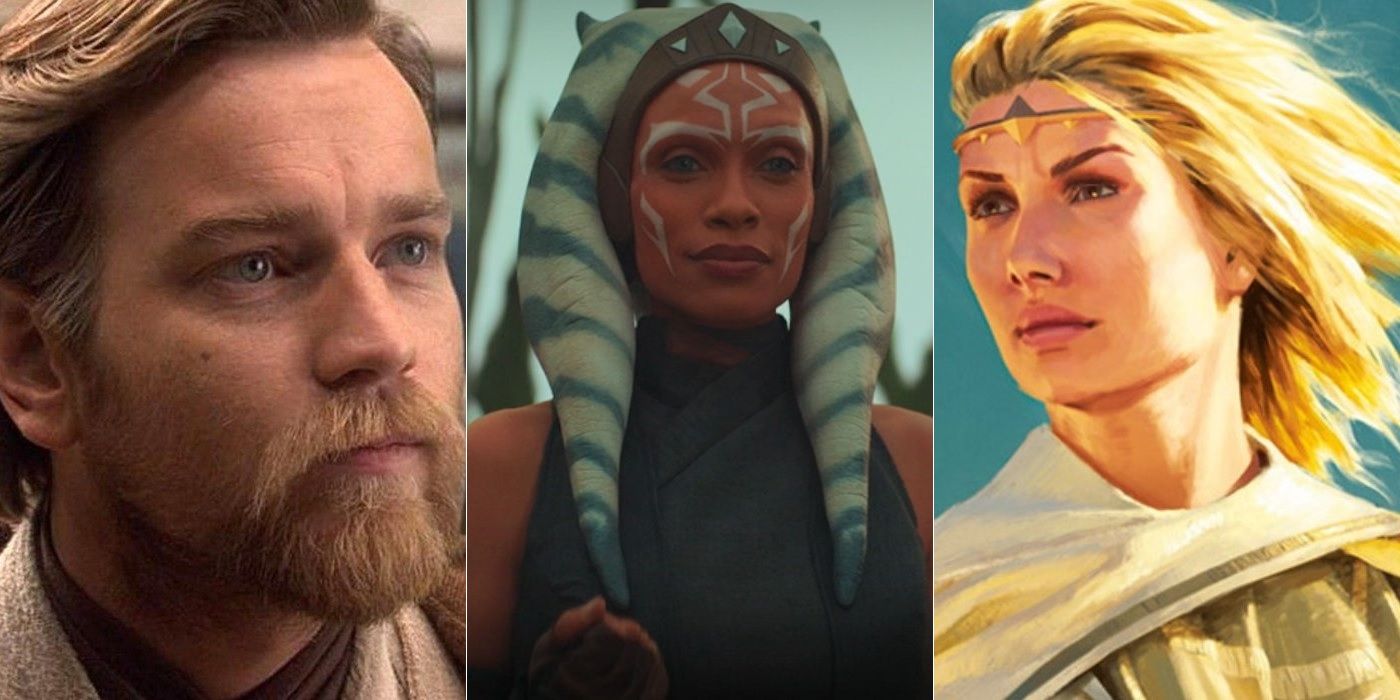The Mandalorian might have been too successful for Disney+. Any streaming service is only as good as its content, and when Disney+ launched in November 2019, the House of Mouse placed the focus squarely on Star Wars. The Mandalorian was the first ever live-action Star Wars TV series, and it was the most popular streaming show in the US in December 2019, beating even Netflix's The Witcher. The second season is just as big, with analytics suggesting The Mandalorian is five times as popular as any other Disney+ original series.
Given this is the case, it's perhaps not surprising that Disney has committed to releasing ten new Star Wars TV shows over the next few years, as part of an ambitious slate of original content. The Mandalorian will become part of a loose group of shows set after Return of the Jedi, standing alongside Ahsoka and Rangers of the New Republic. There'll be shows featuring Ewan McGregor's Obi-Wan Kenobi and one starring Lando Calrissian, although it's unclear if that will star Donald Glover or Billy Dee Williams. There'll even be a prequel series to Rogue One: A Star Wars Story, an animated successor to Star Wars: The Clone Wars, and a mystery-thriller tying in with the current High Republic transmedia initiative. Little wonder fans are delighted.
As excited as this may be, though, Disney's approach carries enormous risks. In theory, the Disney+ streaming service is the home of five major brands: Disney, Pixar, Marvel, Star Wars, and National Geographic. But Disney+ has failed to match The Mandalorian's success, and consequently the House of Mouse has bet everything on more Star Wars and MCU content. The risk, though, is that they may try to do too much, and consequently oversaturate the main brands.
A few years ago, this argument would have sounded like absolute nonsense. When Disney acquired Lucasfilm back in 2012, they planned to release one movie every year, believing any Star Wars product would be a surefire hit. Spurred on by early success, they pushed ahead with both the sequel trilogy and a range of anthology films. And then, to their shock, Disney learned even Star Wars can bomb. Solo: A Star Wars Story was a critical and box office failure, and the sequel trilogy fell apart due to poor planning. The anthologies were dropped, the sequel era seems to have been abandoned, and there will be a four-year break before the next film to come out at theaters, Patty Jenkins' Rogue Squadron. It seems there can be such a thing as too much Star Wars.
Now, it is true Lucasfilm Television does not have the same troubled history as the film studio. But it's worth remembering that, as good as Lucasfilm's Dave Filoni is at creating stunning new TV shows, his workload had just expanded significantly. Having managed a handful of different shows at once, he'll now be overseeing ten. Worse still, there may well be a problem of key-man dependency here; the last show to be made with minimal involvement from Filoni, Star Wars Resistance, was hardly the same kind of success as The Mandalorian.
This doesn't mean failure is inevitable, of course. But it does mean Disney and Lucasfilm should be watching Filoni's workload in particular with care and caution, and they should be keeping a very careful eye on viewing figures. The movies have proved it is possible to have too much Star Wars, and a jump to 10 TV shows over the next couple of years may be too much. The Mandalorian was a success for Disney+, but that doesn't necessarily mean every Star Wars series will be as well.


